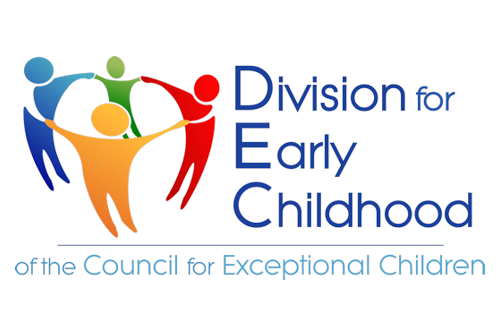First STEPs Training
This four-session intensive series is designed to help parents and
caregivers understand The Birth to Three System, evaluation process,
transition from Birth to Three into Preschool Special Education, advocacy
skills and resources available in Connecticut. This training series will
prepare families to understand their role in Birth to Three, understand
data derived from evaluations, and how to prepare for when Birth to Three
services end. Our goal is for participants to engage in collaborative
practices with their Early Intervention providers, to develop effective
advocacy skills, connect with one another and learn how to get the most
out of their Birth to Three experience.
This learning series covers Early Intervention and Special Education
related topics such as:
- Getting to Know All about Birth to Three and Each Other
- Understanding the Individualized Family Service Plan (IFSP): Data Based Decision Making, Evaluations, Child and Family Outcomes
- Transition to Preschool Special Education
- Describing Your Child’s unique needs, Advocacy Skills and Resources
For more information or questions about the application process,
please call the Connecticut Parent Advocacy Center at
(860) 739-3089 or
email Adriana Fontaine.
Strengthening Families’ Support System, Helping Families Through Transitions and Beyond
Do you work with families of young children? Do you wish to enhance
your strategies to support them? Learn about the five protective core
factors that families need to support their children: Parental Resilience,
Social Connections, Concrete Support in Times of Need, Knowledge of
Parenting, Child Development and Social and Emotional Competence of
Children. Learn how these are the foundation for promoting child
development and helping families support their child’s development.
Learn strategies to build these protective factors as you work with
families in your everyday interactions with them. Guidance for this
training comes from The Center for The Study of Social Policy (CSSP)
Protective Factors Framework, a research-based practice and implementation
knowledge framework.
Understanding Challenging Behavior in Young Children
This workshop will help participants change how they view and react to
their children's challenging behavior. Participants will learn what their
children's behavior is communicating, how to use positive behavior
supports to encourage the development of new communication skills and
practical tips for promoting children's success. An overview of functional
behavioral assessment concepts and positive behavior interventions will
be shared.
The Transition Process: From Birth to Three to Special Education
Families of children enrolled in Birth to Three will increase their
understanding of the transition process from Birth to Three services
and will gain knowledge of the key components of special education
services under IDEA. Participants will learn about their role as an
equal partner of the PPT and ways that they can effectively advocate
for their children and communicate with schools.
Supporting Young Children
This presentation will explore the legal, practical, and positive
implications of including young children who have disabilities with
typical peers in early childhood settings. Participants will learn
about the research that supports inclusive programs and how Connecticut
is putting this research into practice. Practical strategies and
reasonable accommodations will be discussed. Information on existing
resources for providers and families will also be available. Guidance
comes from The U.S. Departments of Health and Human Services and
Education, Policy Statement on Inclusion of Children with Disabilities
in Early Childhood Programs (2015).
Transitioning Your Child with Autism from Birth to
Three to Preschool Special Education
This presentation provides participants with knowledge of Birth to
Three (B23) transition procedures and protocols, the differences
between Part B and Part C under IDEA (Individuals with Disabilities
Education Act), the differences in eligibility between Birth to
Three and preschool special education and how it applies to a young
child with Autism, knowledge of the assessments needed for preschool
special education with an emphasis on Autism. Community resources
will be provided.
SIT For Autism
This training was developed by Southern Connecticut State University,
Center of Excellence on Autism Spectrum Disorders. The training is for
short-term childcare providers, families, and caregivers who babysit
or care for children on the spectrum. The training will increase
knowledge of the characteristics of autism, and it will focus on
skill development and visual support strategies that can be used
while sitting for a young child with autism. A detailed digital SIT
preparation booklet, a package of pre-made strategies and materials
that can be used immediately in the home setting, will be provided
to participants.
Child Find in Connecticut: How to Talk to Families When
Developmental Concerns Arise?
In this training, participants will gain knowledge about how to speak
with families about their child’s development, Child Find procedures
under IDEA (Individuals with Disabilities Educational Act), how to make
a referral to Special Education and eligibility criteria. Participants
will increase knowledge of available resources for families of young
children and how to support a family to make a referral to Early
Intervention or Preschool Special Education.












